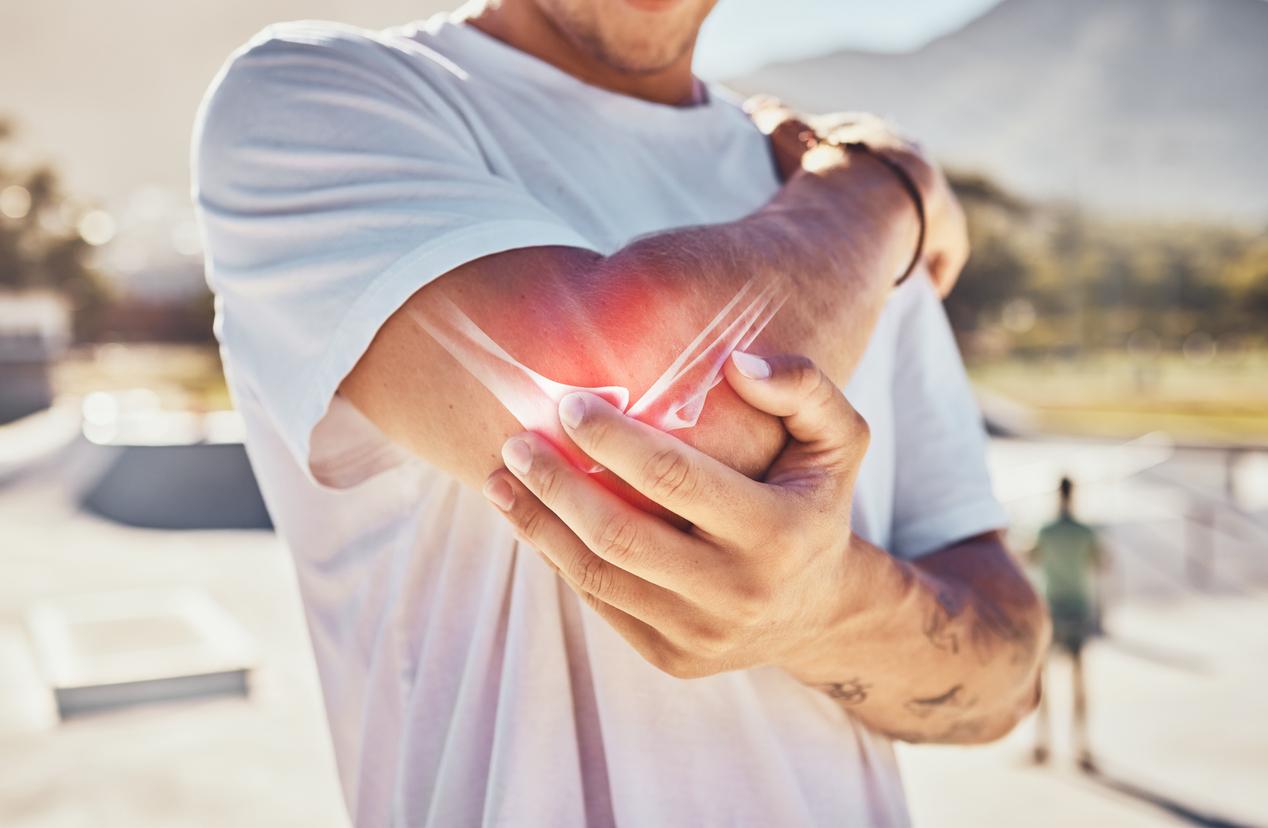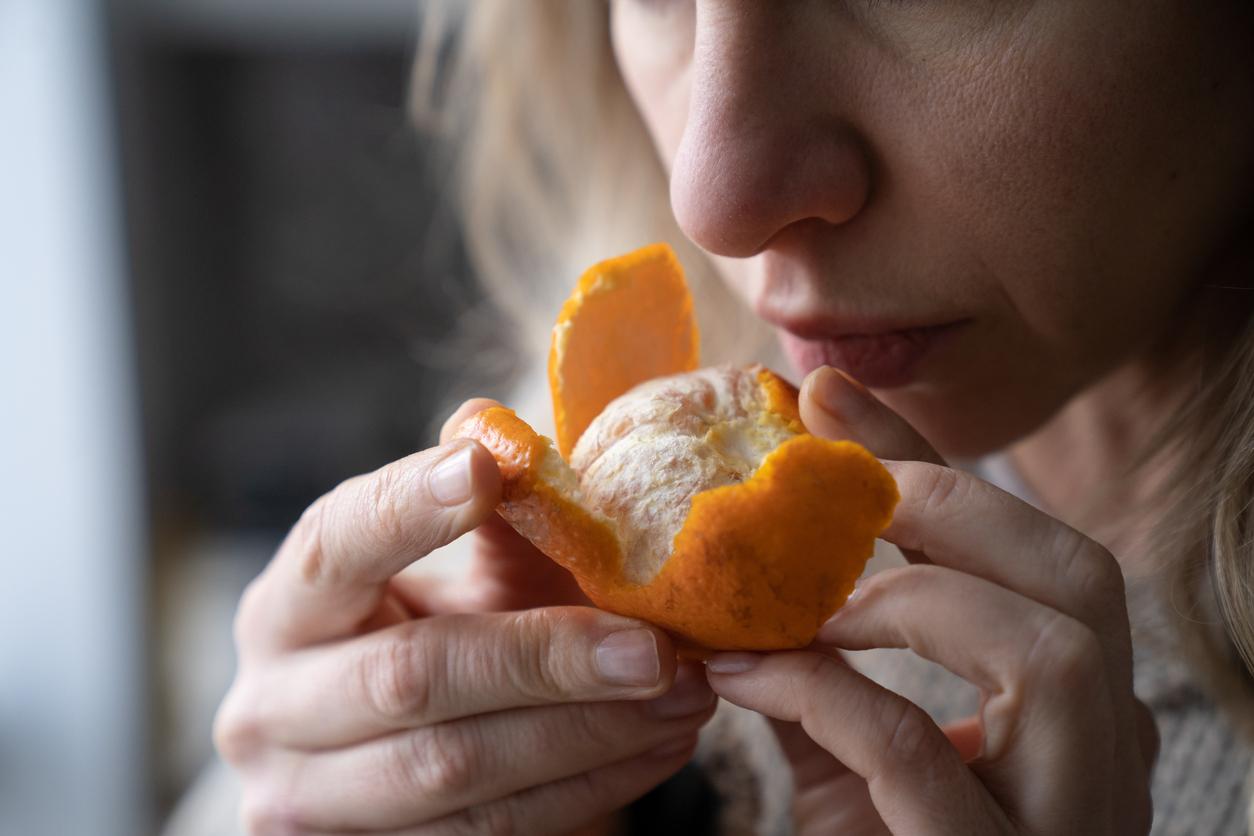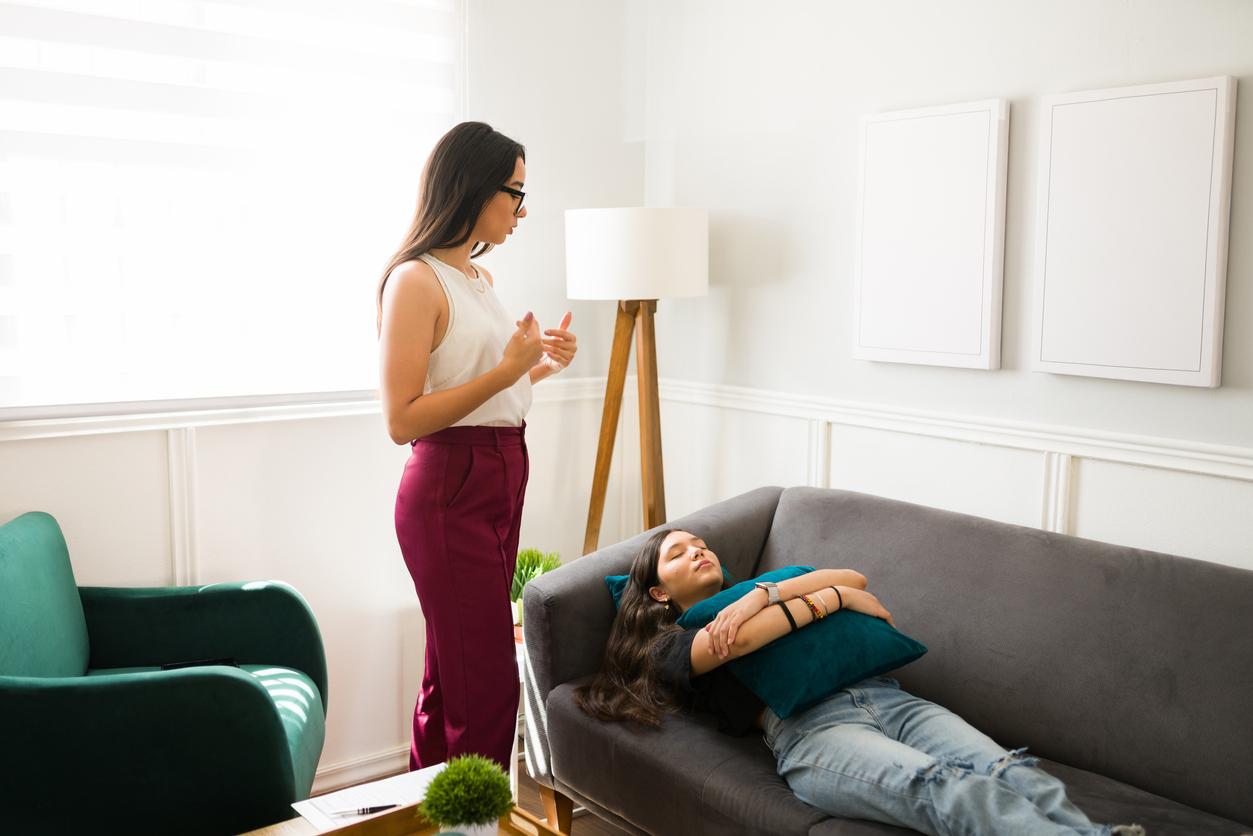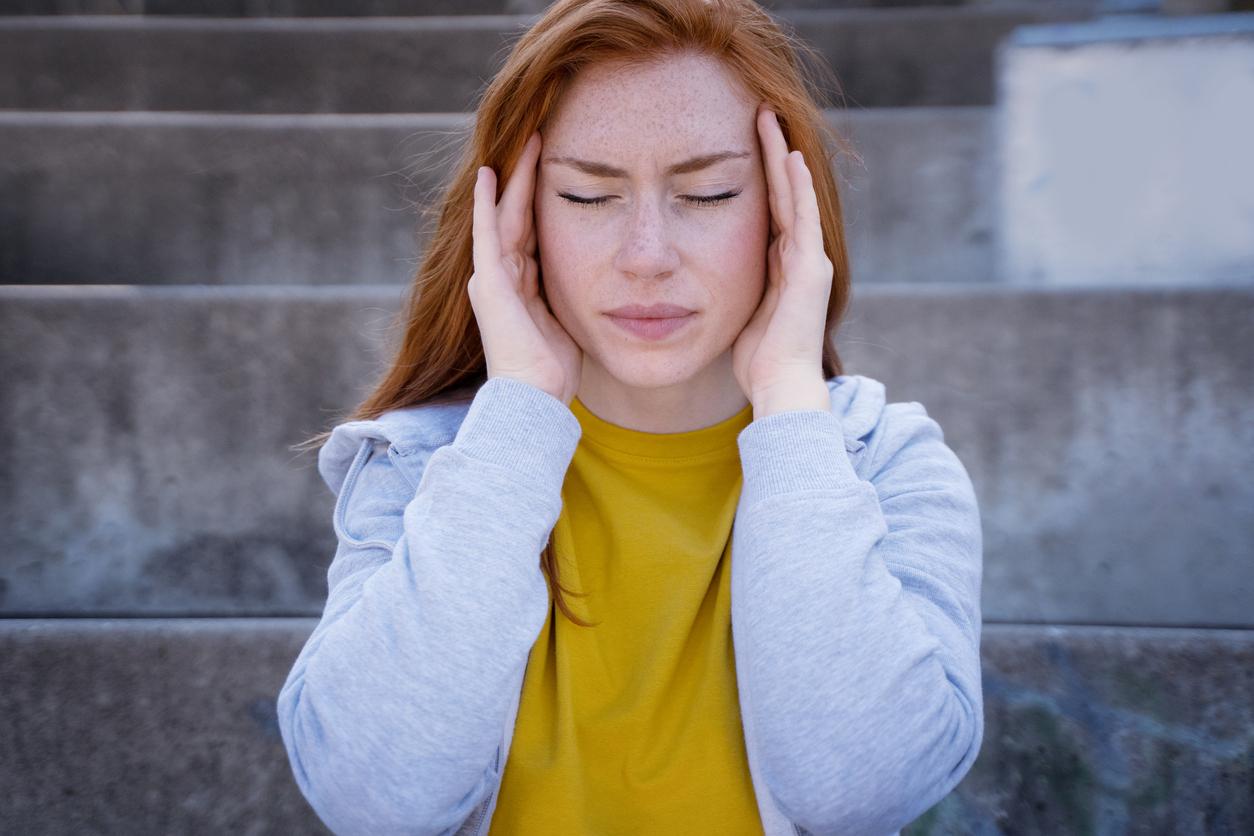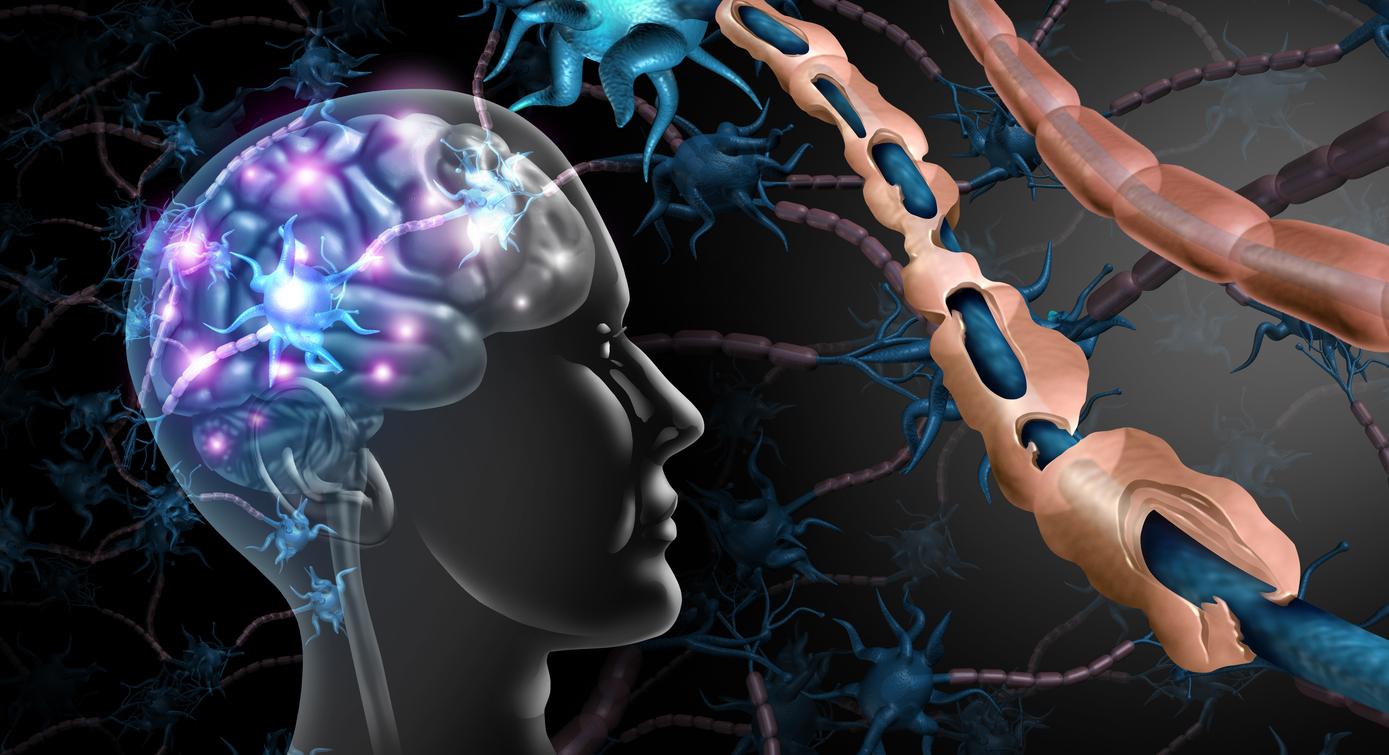PCP Therapy is a somewhat specific pressure massage technique. The therapist uses his hands to control and guide a special device that allows him to exert “mechanical” pressure for a few moments on different areas of the body. First away from painful points, then closer and closer. “The intensity of the pressures applied, low at the start, increases gradually over the course of the sessions, but always remains below the threshold of tolerable pain”, explains Dr. David Khorassani, osteopathic doctor attached to the Argenteuil Hospital Center and to the La clinic. Montagne de Courbevoie, at the origin of this therapy.
Continuous and deep pressures
These deep continuous pressures (hence the name PCP Therapy) will deeply relax the muscles and relieve the pain of the fibromyalgia. And it works, as evidenced by the latest study carried out in partnership with Assistance Publique-Hôpitaux de Paris (study carried out under the supervision of Prof. Éric Vicaut, head of the clinical research unit of the Saint-Louis Lariboisière Fernand hospital group. -Widal (Paris).
Combined with balneotherapy, PCP Therapy not only reduces pain very significantly, but also improves joint mobility and reduces pain. reactive anxiety-depressive syndrome which often goes hand in hand with the disease. As long as you are diligent. At least one session per week is necessary initially, the pace then spaced out depending on the results.
Less pain, and walking is possible
“When the diagnosis of fibromyalgia fell, I had already been suffering from diffuse pain for a little over 3 years. I could no longer walk or sleep. I had been hospitalized, examined from all angles, arrested. one week, then four, says Corinne, 55. I had been prescribed antidepressants that I had not taken. I felt totally misunderstood. I initially refused the treatment protocol altogether (balneotherapy, sophrology , behavioral therapy, etc.). “
Corinne finally agreed to go see the doctor who was doing PCP Therapy. The first few sessions were unpleasant, but she hung on. It took him a dozen sessions before he noticed a change. Today, Corinne can walk and carry her grandchildren. Only his tired remains difficult to manage.











